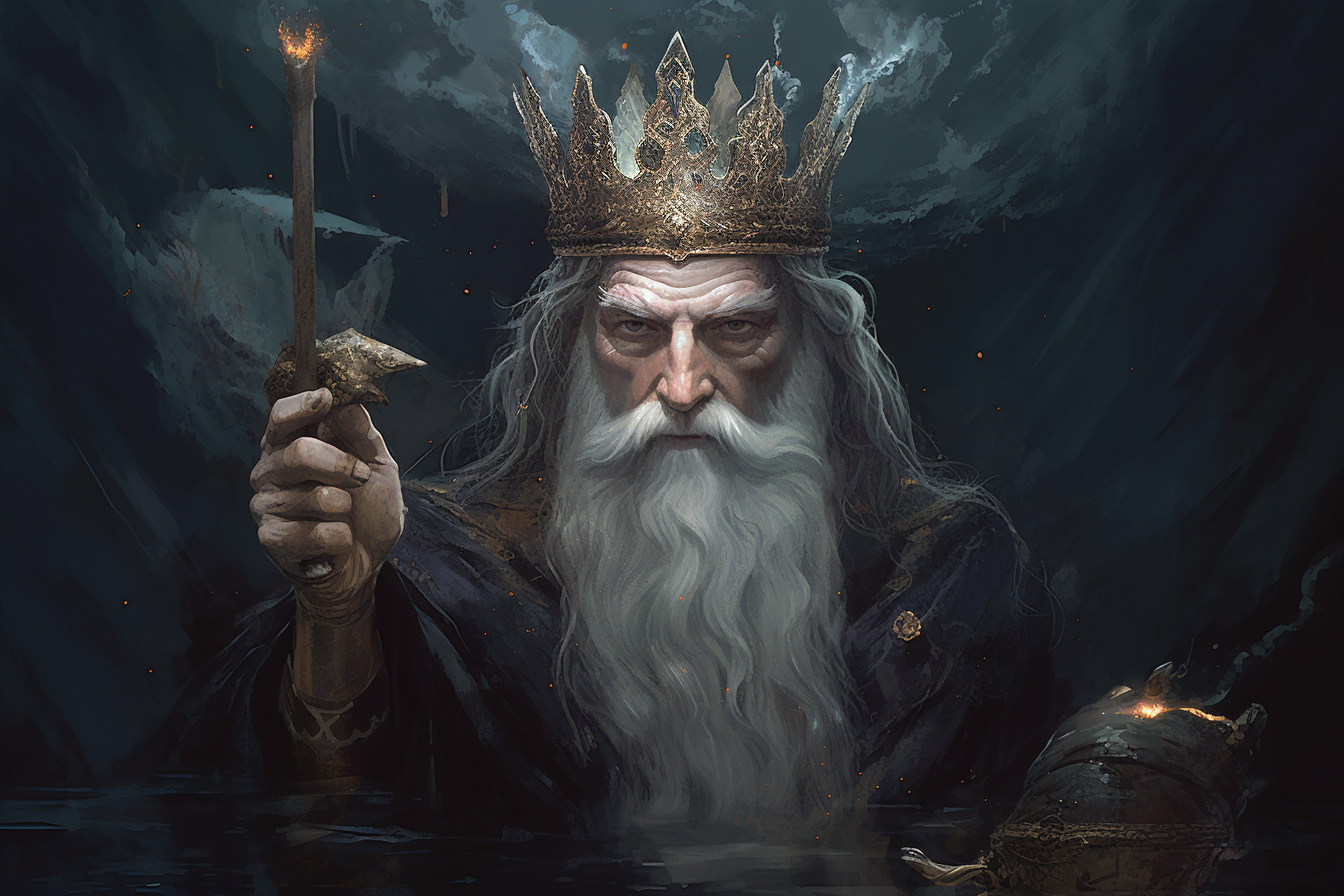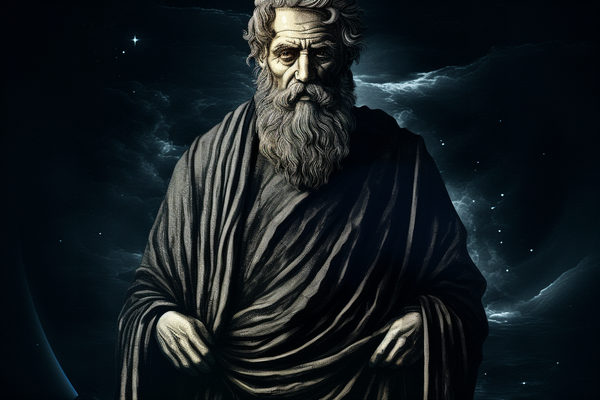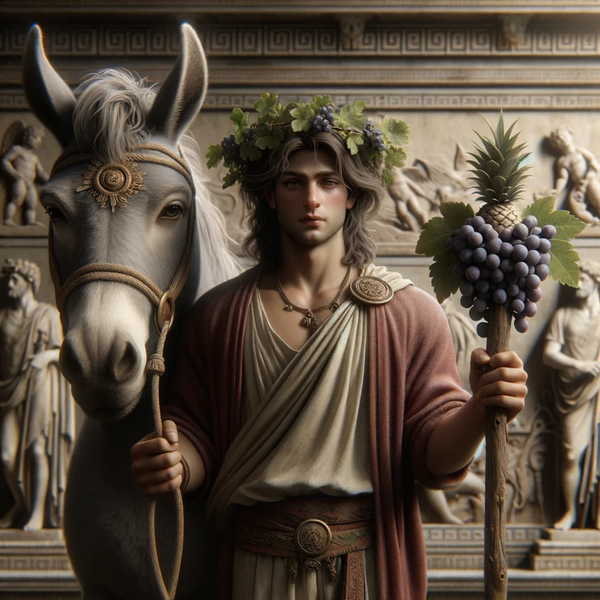Inachus: River God

Inachus was a significant figure in Greek mythology, known primarily as a river god associated with the region of Argos. He was one of the Potamoi, the gods of rivers, sons of the Titans Oceanus and Tethys. These deities were generally represented as strong, muscular men with the lower body of a serpent – symbolizing the winding paths of rivers. Inachus, in particular, was associated with the river that bears his name, located in the Peloponnesus in southern Greece.
Family Ties and Lineage
Inachus was considered the first king of Argos and was often recognized for his descendants, who played crucial roles in Greek mythology and history. He was the father of several daughters (including Io, Amymone, and Melaena) and sons (such as Phoroneus). His children were often the product of his union with various Oceanid nymphs, daughters of Oceanus and Tethys.
Io, his most famous daughter, is central to a tragic love story. She attracted the attention of Zeus, the king of the gods, who transformed her into a heifer to hide her from his jealous wife, Hera. Io's subsequent wanderings led her to Egypt, where, according to some myths, she gave birth to Epaphus, the ancestor of Heracles.
Inachus in Literature and Art
The presence of Inachus in the works of classical writers and artists is marked but somewhat limited compared to other gods. He is occasionally mentioned in the works of ancient poets like Hesiod and Homer. The playwright Aeschylus, in his lost play "Prometheus Unbound," included Inachus as a character who sympathizes with the chained Prometheus.
Inachus also appears in ancient art, usually depicted as an elderly man with a long beard, a royal robe, and a scepter - the common symbols of his status as a king. In the 2nd century AD, the famous Greek traveller Pausanias described a statue of Inachus in the marketplace of Argos.
Cultural and Religious Significance
Inachus was considered the ancestral spirit of the Inachian river, embodying its powers and virtues. As the reputed first king of Argos, he was also seen as a culture hero, responsible for the civilization and prosperity of the region. His descendants reportedly established religious rituals, laws, and various arts, contributing significantly to the development of ancient Greek society.
Furthermore, as the father of Io, Inachus was indirectly connected to the foundation of several royal dynasties throughout Greece and Asia Minor. This connection increased his prestige and allowed the river god's influence to extend beyond the banks of his river.
Although not as widely recognized as Olympian gods like Zeus or Poseidon, Inachus held an important place in Greek mythology. As a river god, a progenitor of heroes and kings, and a symbol of Argos' heritage, he exemplifies the interconnectedness of natural, familial, and civic elements in the ancient Greek worldview.





